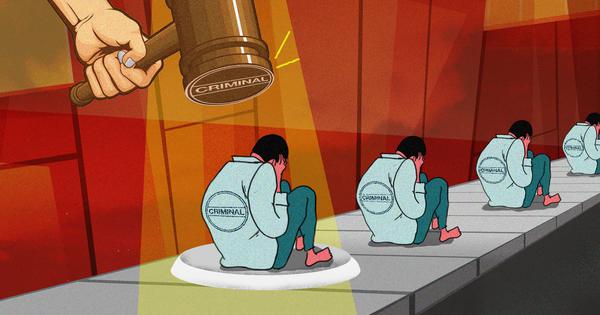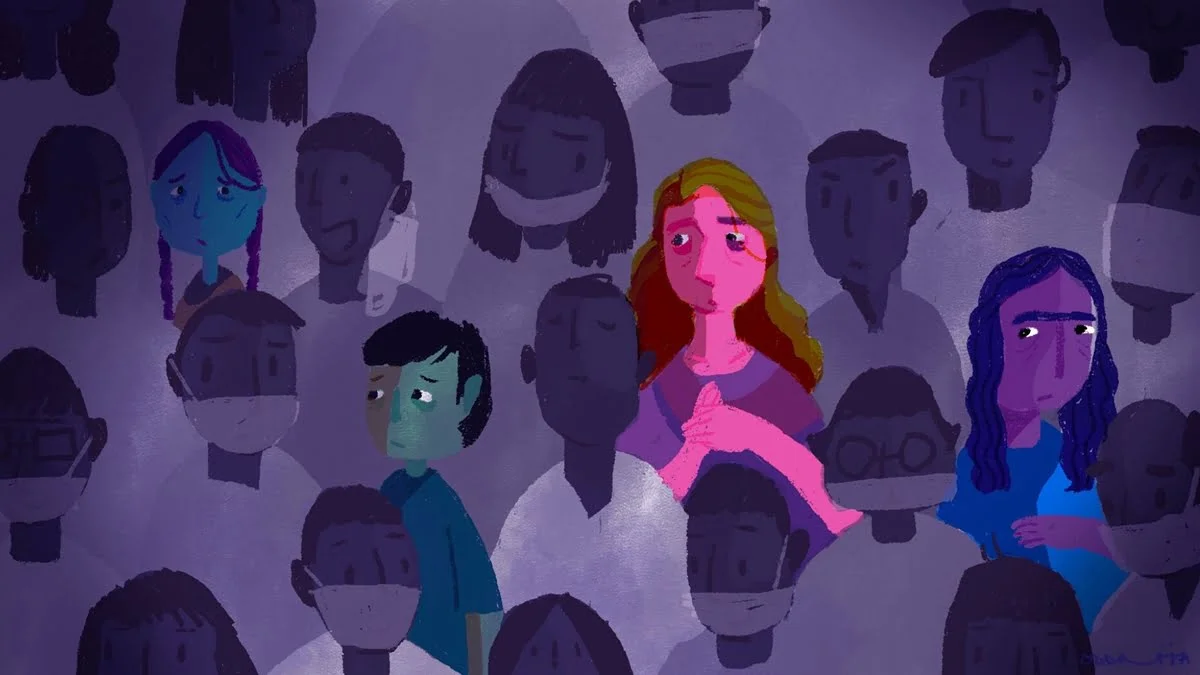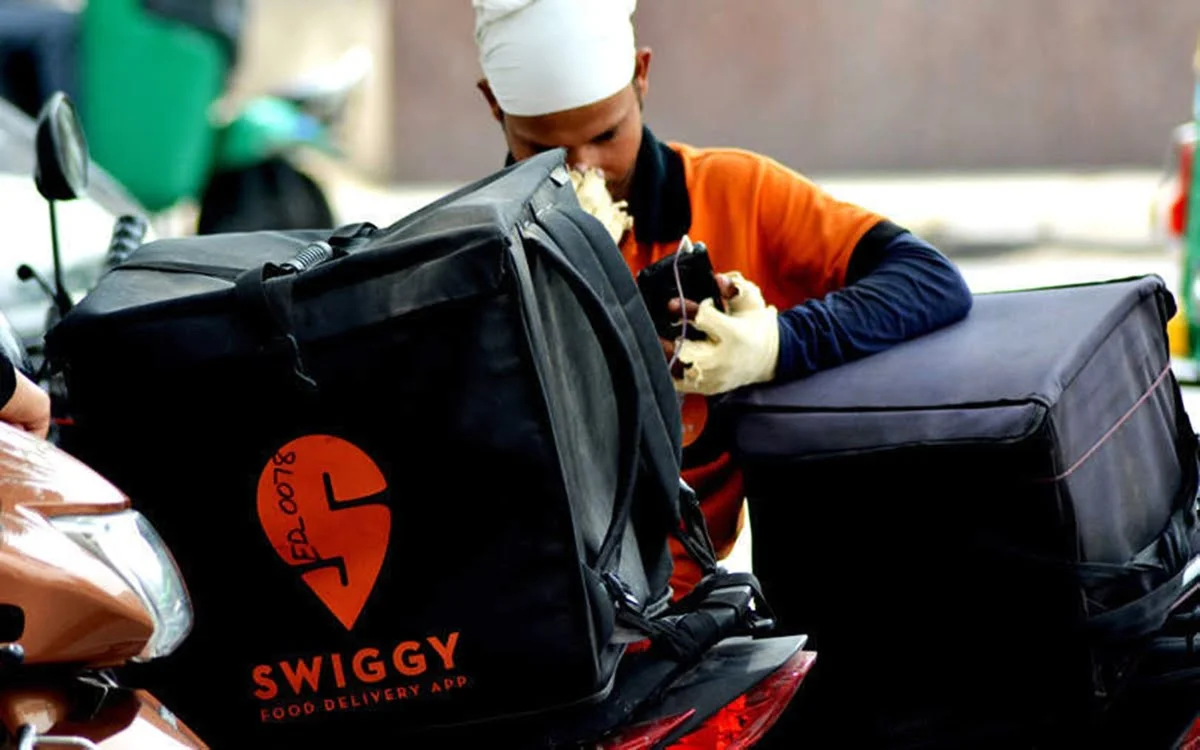The primary aim of the legal discourse in deciding the age of consent has been with the intention of protecting children from sexual abuse (following a protectionist approach). The Romeo and Juliet Laws are related to the age of consent reformation pertaining to the initiatives to raise or lower the age of consent.

Named after William Shakespeare’s tragedy involving two teenage lovers of the same names, the law emphasises cases of consensual sex where one partner is a minor and the other is an adult, with the usual difference between their ages being not more than 4 years.
A brief history of age of consent reforms
Alternatively known as ‘close-in-age exemptions‘, they have different iterations, mostly on a case-by-case basis. For instance, in Indiana, consensual sex between adolescents is decriminalised if they are in a dating relationship with an age difference of four years or less. There is a lot of backlash and contestation as well. In Ireland, the law has been contested for allowing prosecution for boys and not for girls (for which the reasoning provided being the risk of pregnancy being borne by girls). On the other hand, many groups that support paedophilia and paedastry advocate for the removal of age of consent entirely.
The case with consent in India
Within India, the age of consent and the minimum legal age of marriage have followed a route from the IPC drafted by Thomas McCaulay in 1860 (when it was 10 years of age). Recently, pertaining to the Romeo Juliet Amendment, the Supreme Court has sought the stand by the Centre on decriminalising ‘consensual teenage sex’.
While the amendment has been mentioned in different cases, the most recent development is a PIL (Public Interest Litigation) that seeks to decriminalise consensual sex among teenagers. The PIL posits of many incidents where the boy is over the age of 18 years and the girl (who is under the age of 18 years) engage in consensual sex. The parents of the girl can raise a complaint leading to rape charges against the boy.

The bench headed by the Chief Justice of India DY Chandrachud also issued notices to the Law and Justice Ministry, Ministry of Home Affairs (MHA), and the National Commission for Women (NCW). The bench also said, ‘This gray area of law, a legislative vacuum, needs to be filled by guidelines on how statutory rape laws would operate by assessment of consent of 16+ to 18-year-olds before indicting the consenting adults.‘ The PIL filed by lawyer Harish Vibhore Singhal also argued for the agency of children, citing that they have an ability to understand risks and make decisions.
The two primary laws that are evoked here are The POSCO (Protection of Children from Sexual Offences) Act, 2012 and Section 375 of the Indian Penal Code. As per POSCO, a child is anyone under the age of 18 years in a purely biological sense (not accounting for mental age). And as per Section 375, rape is committed if the girl is under the age of 16, irrespective of consent. However, the age of consent was later raised through POSCO. India being a signatory to international conventions, follows 18 as the age of deciding if a boy or a girl is a child, coded in laws like POSCO, Juvenile Justice Act, the National Commission for Protection of Child Rights among other acts.
The PIL filed by lawyer Harish Vibhore Singhal also argued for the agency of children, citing that they have an ability to understand risks and make decisions
As per The Criminal Law (Amendment) Act, 2013, the age of consent in India is 18 years of age, which implies that any sexual activity with a girl below the age of 18 irrespective of consent will constitute statutory rape. The age of consent is also in contradiction with other laws like The Medical Termination of Pregnancy Act, 1971 which does not mandate reporting the identity of the person seeking an abortion (also restricting larger access to sexual and reproductive health). But, under POSCO, if a girl under 18 years is seeking an abortion, the service provider has to file a complaint of sexual assault with the police. The PIL also mentioned that millions of girls under the the age of 18 engage in consensual sex with boys over the age of 18, but the boy faces arrest on charges of statutory rape if the incident is reported to the police by the girl’s parents.
Criminalisation of consensual relationships
The issue raised by the PIL also coincides with other problems that India as a country faces due to its social structure and a regressive mindset around gender, sex and sexuality. The change in age of consent also drew severe flak from feminists groups, largely citing the criminalisation of consensual relationships especially the misuse of the Act by parents to punish their children for being in a relationship with someone from a different caste or religion. This has been an issue with queer relationships and couples who make their own choice to be together (wrongfully referred to as runaway couples in the media) as well. In some studies, Police have also been known to misrepresent the age of girls at their parents’ requests to falsely incriminate the boy the girl was in a relationship with.

A very crucial issue that comes is around the agency of children and also their exploration of sexuality through intimacy. Children and adolescents engaging in sexual exploration needs to be rethought through the law. Swagata Raha, writing for In Plainspeak opines, ‘The Act infringes upon the right to dignity and bodily integrity, freedom of expression, right to life, and the right to privacy of adolescents engaging in consensual sexual behavior..’ Raha also mentions a few cases and how they show the need to amend laws to ensure age-gaps and also to give attention towards the autonomy and the fundamental rights of children.
In reality, teenagers do engage in consensual sex and without the Romeo Juliet Amendment, they are in a relationship of victim and perpetrator where the boy is more likely to be punished. Professor Ved Kumari, Dean of Delhi University’s Law faculty said, ‘In consensual sex both are offenders or both are victims. It has been my long-held position that either both need to be tried under the JJ Act or both should go to the CWC (Child Welfare Committee). Normally the boy is tried under JJ and the girl is sent to CWC. They are equal partners. How can the two be treated differently?.‘
Rethinking age, agency and adolescence
Furthermore, the Madras High Court in Vijaylakshmi & Anr. v. State, stated that these incidents should never be perceived from an adult’s point of view and that can actually lead to lack of empathy. The court further suggested that there is dire need of support and guidance from parents and society at large, especially for the boy as a prison sentence might mean persecution through life. This again pushes the need to rethink the definition of “child,” accounting for their agency and autonomy.

In their paper titled ‘Age of consent: challenges and contradictions of sexual violence laws in India’, Amita Pitre and Lakshmi Lingam contend that the change in age of consent impacts adolescents exploring their sexuality on the one hand, and allows the courts to adjudicate on love, romance, and elopement, on the other. There is increased policing of sexuality of adolescents, particularly the reporting of sexual activity by adults (family and community) or hospitals to the police.
As mentioned before, inter-caste, inter-faith and queer couples are more likely to be prosecuted
As mentioned before, inter-caste, inter-faith and queer couples are more likely to be prosecuted. The paper deftly points out the following assumptions for the age of consent as 18 years of age as flawed – ‘(a) all sexual activity under the age of consent is sexual assault; the interests of adolescents, families, and the justice system are the same; reporting crimes is in the best interest of adolescents; and families always know and do what is in the best interest of their children.‘
Additionally, it is pertinent what is the response of the central government and its agencies which can be assessed from their response on marriage equality, and other forms of marriages that defy traditions. Marriages and associations still at large, are dominated by caste, community and religious norms, which can be misused under the guise of protection from sexual violence. Parental control is also something very common where parents of the girl are known to misuse the law. The courts have also noticed that many times when elopement cases are registered under POSCO, actual cases of minor rape victims are not prioritised.
The Romeo-Juliet Amendment might be a way of relief from the protectionist and patriarchal understanding of law that largely aims to police young people and control their sexuality.
The Romeo-Juliet Amendment might be a way of relief from the protectionist and patriarchal understanding of law that largely aims to police young people and control their sexuality. Having said that, it cannot be the sole answer for all the problems with the law. As mentioned by Pitre and Lingam, while it might dismantle the myth that all sexual relations are rape, it might not suit to the diverse reality of adolescents in India. There is a confluence of legal and social issues at work here which require more than law – there is a need for understanding adolescent sexuality, imparting comprehensive sexuality education, and facilitating support from state and its agencies.




